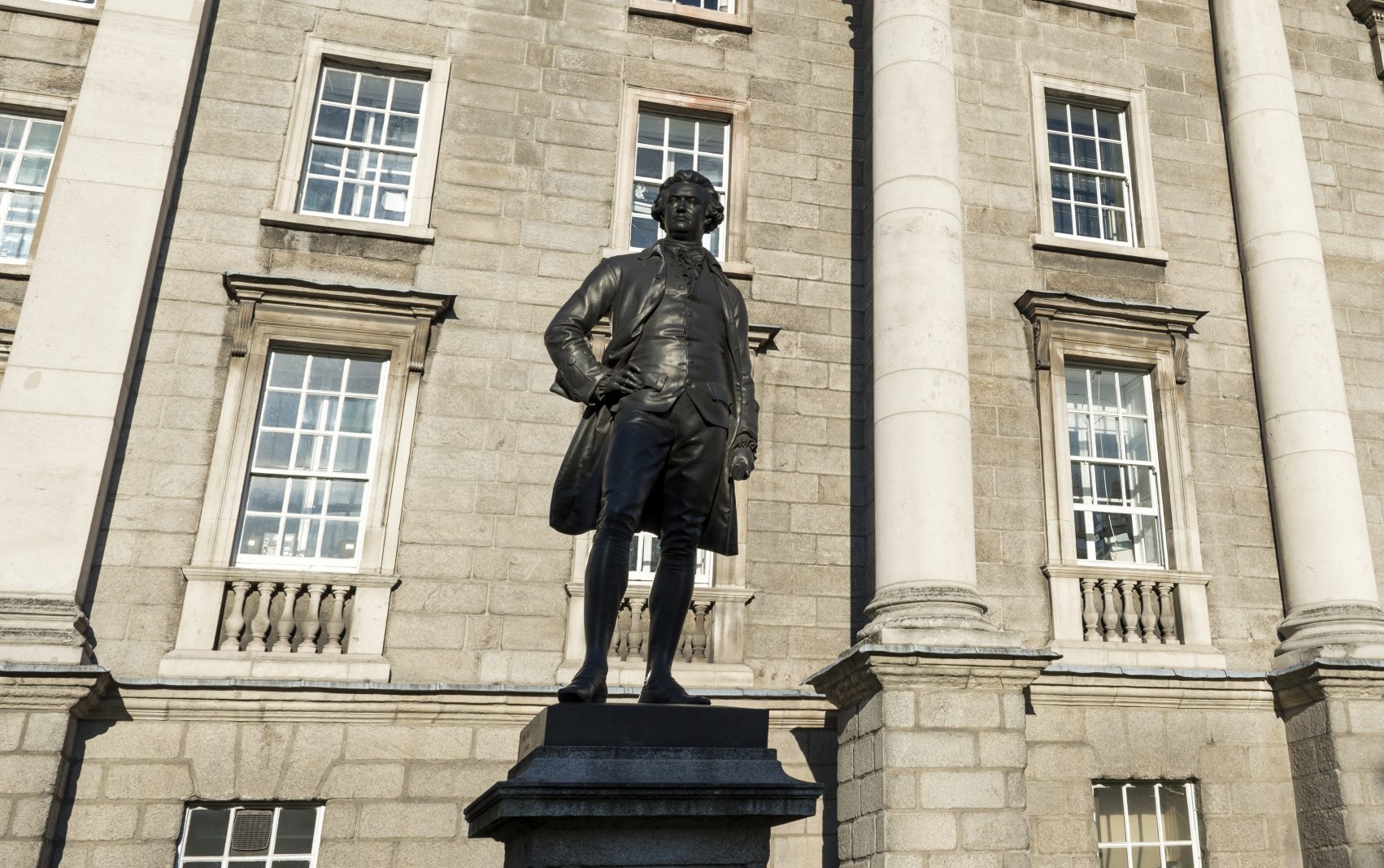Don’t Just Blame William of Ockham
Mark Lilla has a wonderful little review at The New Republic on Brad S. Gregory’s Book, The Unintended Reformation: How a Religious Revolution Secularized Society.
After discussing the relationship of Christian (mostly Catholic) thought in relation to history, Lilla identifies a persistent trend in the way certain conservatives–especially Latin chanting trad Catholics like me–look at history.
Those who recount this kind of story tell us that at some point in medieval or early modern history the West took a momentous wrong turn, putting itself on the path to our modernity with all its attendant problems. But no single person or event was responsible for this. The blame must be shared by philosophers, theologians, and the Church hierarchy itself. This was a tragic development: had everyone only been more patient, the Church would have continued evolving, and in a good direction. The Middle Ages would eventually have waned and a new society would have developed. But the swings of modern history would have been less extreme and the worst avoided. Change would have been more gradual, radical attacks on the Church would have been unnecessary, and the Church in turn would not have fallen into the reactionary crouch it maintained from the French Revolution until Vatican II. With moral debate confined within the flexible bounds of Catholic orthodoxy, important human values would have been preserved from secular dogmatism and skepticism. We would have been spared the brutality of the industrial era, the monsters of modern science, and the empty individualism and viciousness of our time. All in all, we would be living a happier, more fruitful and humane existence.
How does one adopt this view? It is simple really. First wake up from a shallow Whig view of history.
Then read G.K. Chesterton:
[T]he great ideals of the past failed not by being outlived (which must mean over-lived), but by not being lived enough. Mankind has not passed through the Middle Ages. Rather mankind has retreated from the Middle Ages in reaction and rout. The Christian ideal has not been tried and found wanting. It has been found difficult; and left untried.
Or read Richard Weaver on William of Ockham. Find some of Hilaire Belloc’s wilder statements that The Faith is Europe and Europe is the Faith. Go page through Warren H. Carroll’s “A History of Christendom.” You can find these notions informing the fiction of Robert Hugh Benson who thought that the re-adoption of a few Christian principles would bring back the colored uniforms and heraldry of medieval guilds. Or pick any number of pamphlets by the enthusiastic prelates of the Society of St. Pius X. The great signposts are all there, Ockham, 1517, Westphalia, 1789 and all the rest. Suddenly you have what Lilla very aptly describes as a “an inverted Whiggism—a Whiggism for depressives.”
I’ve had this view articulated to me even by a Jewish scholar at Bard College, who told me that the Reformation ruined everything after I had given him hints that I was initiated enough to hear this.
There are a couple of fallacies hiding behind this line of thinking. Chiefly, this reverse Whiggism seems to take it for granted that the point of Christianity is Christendom, as if Jesus was born in Bethlehem to build Chartres and compose the Summa Theologica. And therefore everything from 1295 to now is a story of punctuated decline.
I like Chartres and the Summa fine but Christ’s kingdom is not of this world.
And, I think even at one point Lilla almost falls for the other error crouching behind this way of thinking when he writes “despite centuries of internal conflicts over papal authority and external conflicts with the Eastern Church and the Turks, the Roman Catholic Church did indeed seem triumphant.”
Really? Certainly there were eras and areas where the Church had the kind of comfort to develop its own kind of medieval hipster ironies.
But we’re really fooling ourselves if we think the Catholic (or catholic) orthodoxy had a kind of super-hold on Europe, and we just stupidly abandoned it. People now treat the monastic movement like it was some kind of naturally occurring balancing act that just kicked in once Christianity got imperial approval. No, it was the response of certain Christians to what they felt was an age in crisis. Theological competition was not a novelty of the Reformation. After all, the Church councils did not slay Arianism by force of argument. They merely announced a hoped-for death sentence for a heresy that took centuries to vanquish.
Paganism was a persistent contender with Christian civilization. Even at the highest of the High Middle Ages, Islam was clattering through bolted door of Europe. The Franciscans and Dominicans weren’t just some new flower blooming in an orderly garden, they were another desperate response to corruption and laxity in the Church, widely known and widely mocked. And gee, we haven’t even mentioned the Great Western Schism which absolutely rocked this supposedly solid Christendom.
Christian civilization is not an abandoned fortress. Chesterton was much more right when he envisioned the Church (and its faith) as a whirling adventure. We can’t somehow get back to before secularism and totalizing ideologies anymore than Athanasius could bring things to the way they were before Arius.
And when you look at it that way, it is a relief to find that God’s providence didn’t end in the 1960s or in 1789 anymore than it ended with Diocletian persecution or on Good Friday. Christian civilization is you and your uglified modern Church full of backsliders, it is you flirting on Christiandate.com, it is in your home.
